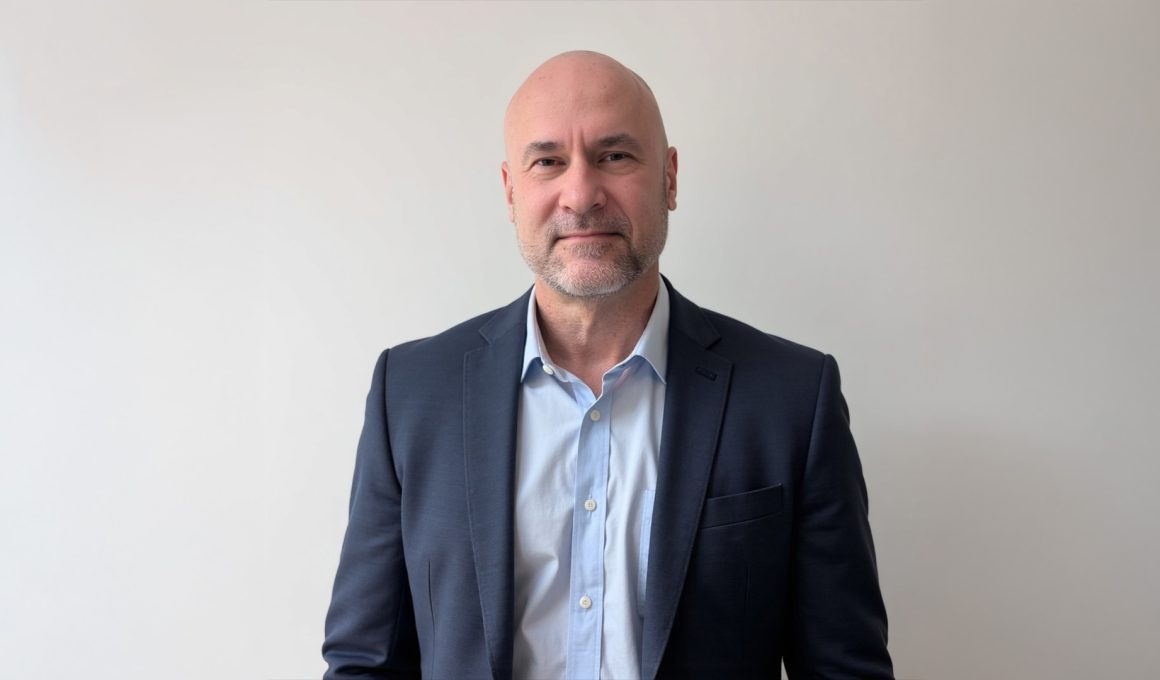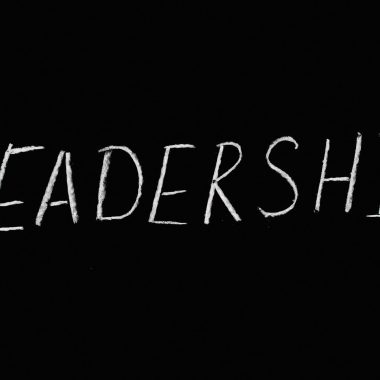Private equity firms face a stark choice in today’s AI landscape: disrupt or be disrupted. With artificial intelligence reshaping entire industries overnight, the traditional playbook for evaluating companies needs updating. Technology isn’t just changing how businesses operate – it’s fundamentally altering which ones survive. Drawing from over three decades in technology leadership, fractional CTO Aaron Moore helps private equity firms navigate these waters. His work focuses on a critical question: how do you spot companies poised for AI disruption before it happens? The answer, he suggests, requires looking beyond conventional industry boundaries.
Building a Career Through Constant Change
Starting as a developer, Aaron moved through roles in network engineering, project management, architecture, IT Leadership and then consulting. The secret to staying relevant? Regular reinvention. “You have to reinvent yourself every three or four years because tech changes so often,” he shares. “You do that for 33 years, and suddenly you’re a generalist. You’ve touched everything.”
What began as hands-on technical work evolved into strategic leadership when a Fortune 100 CEO presented an unexpected opportunity in 2017. Rather than taking a position with AWS pro services, Aaron agreed to build a consulting practice for the company. He grew that into a boutique consulting firm before it was divested in early 2024, when he shifted to his current focus on fractional CTO work.
Reinventing to Stay Relevant
One of Aaron’s biggest challenges is helping seasoned executives understand how AI differs from traditional software. “We’ve gotten pretty good in business and the C-suite understanding how software development works,” he explains. Traditional applications give deterministic results – give an input, press a button, get the same outcome. AI introduces probability and uncertainty, requiring a different mindset. Aaron often finds himself explaining the pace of change using a simple comparison: “Think back to the year 2000, before smartphones, and consider how mobile technology revolutionized our lives by 2010. Now, think about the exponential growth we’re seeing in technology today and imagine what business will look like 10 years from now.”
Aaron shares a recent success story involving a company drowning in customer service calls about route planning. By implementing AI-powered voice and email automation, they cut manual customer interactions by more than half. “They were able to reduce the manual touch of this customer conversation by 50 to 60% at the beginning,” he notes, “and they think it’ll continue to improve even more from there.”
Identifying Private Equity Risks
When working with private equity firms, Aaron focuses on both threats and opportunities. “On the risk side, I don’t think companies are understanding that they could be disrupted pretty quickly,” he warns. Many businesses struggle to step back and imagine how their industry might transform. He recently helped a PE firm evaluate an acquisition target they thought was “disruption-proof.” Through careful analysis, Aaron uncovered a completely unexpected scenario where the business could become obsolete. “It was a shock to everybody,” he recalls. “They had never thought about a total disruption from a completely different angle”
Looking ahead, Aaron emphasizes the importance of proactive strategy in technology leadership. ‘AI isn’t just a tool—it’s a shift in how we think, operate, and lead,’ he shares. He believes companies that anticipate AI-driven changes, rather than react to them, will shape the industries of tomorrow. ‘The most resilient leaders are those who stay curious, stay informed, and never stop asking how they can improve.’
He finds balance at his home in Costa Rica, hiking in the jungle with his wife. “I try to take time when I’m there, no matter how busy I am, to walk out on the deck and watch the sunset over the Pacific. It kind of gives you a grounding.” Learn more about Aaron’s work in AI strategy and private equity consulting at his LinkedIn profile.








